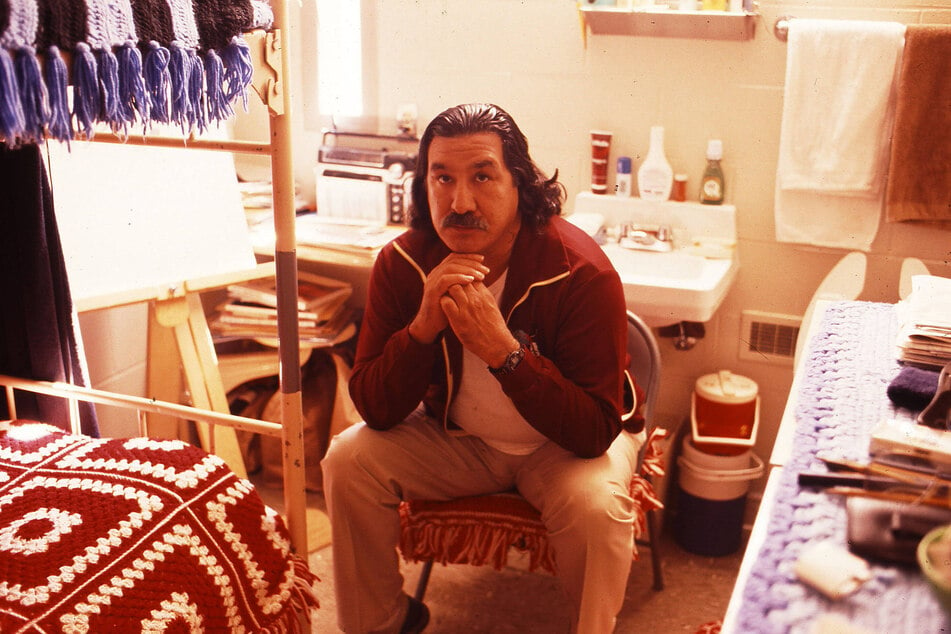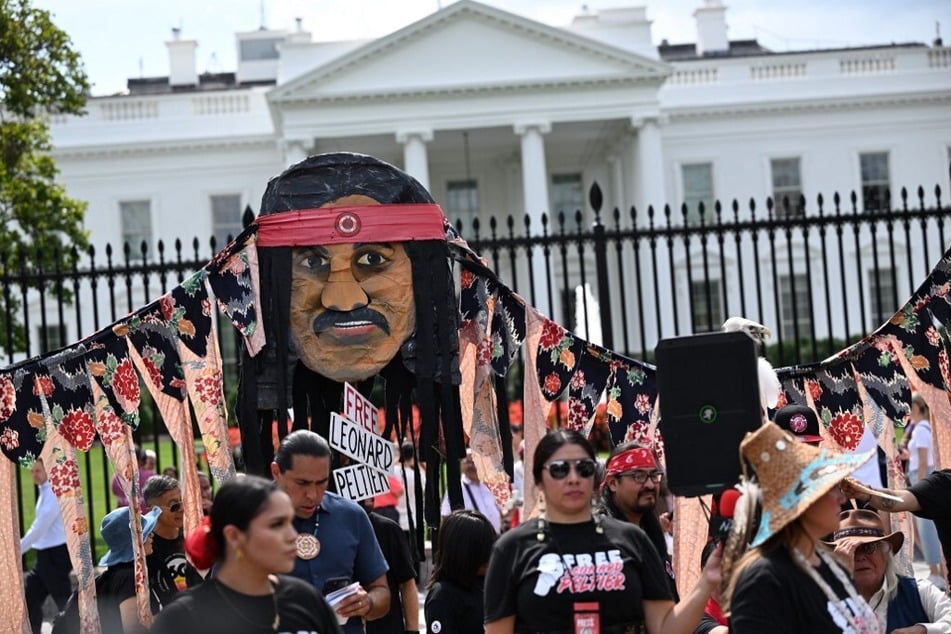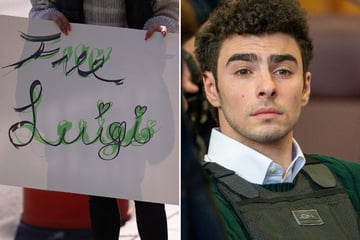Leonard Peltier's latest hospitalization sparks urgent calls to action
Coleman, Florida - Imprisoned Indigenous freedom fighter Leonard Peltier was reportedly hospitalized on Monday amid urgent fears for his health.

The Leonard Peltier Official Ad Hoc Committee announced the development in a press release on Tuesday.
The news comes amid dire reports of the 80-year-old's ailing health, made worse by his continued incarceration in a facility his attorneys say is not equipped to meet his medical needs.
Peltier is currently locked up in the maximum-security United States Penitentiary, Coleman I prison in Florida – far from his family and his homelands.
The Leonard Peltier Official Ad Hoc Committee has once again called on the US Federal Bureau of Prisons to transfer Peltier to the Federal Medical Center, Rochester in Minnesota, an administrative facility that provides long-term medical care for men.
The committee is urging people on Wednesday, October 30 – World Political Prisoner Day – to contact Senators Jon Ossoff, Amy Klobuchar, and other members of the US Senate Judiciary Committee to demand Peltier receive an immediate medical transfer.
"Enough is enough. Mere apologies are insufficient," the group wrote, calling for collective action to secure immediate relief for Peltier.
Leonard Peltier's long fight for freedom

Advocates have described the negligent treatment of Peltier's medical needs as the latest injustice in a struggle for freedom long denied.
A member of the Turtle Mountain Band of Chippewa, Peltier was taken into US custody after he was convicted of killing FBI special agents Jack Coler and Ronald Williams in a 1975 shootout on the Pine Ridge Reservation in so-called South Dakota. The killing of an Indigenous man, Joseph Stuntz, was never investigated, nor have any charges ever been issued.
The shootout occurred two years after the Wounded Knee Occupation, when around 200 Oglala Lakota people and members of the American Indian Movement occupied the town on the Pine Ridge Reservation. The federal government responded by setting up roadblocks and cutting off access to electricity, food, and water in a brutal 71-day siege.
Peltier has spent over 48 years behind bars on dubious charges. Records suggest the FBI coerced witnesses and excluded and falsified critical evidence in his 1977 trial. Even the top prosecutor in the case, former US Attorney James Reynolds, has called for Peltier's release.
Peltier's conviction came in a time of rising Indigenous activism opposing US state-sanctioned abuses, including land theft, economic deprivation, racial discrimination, and forced cultural erasure.
The stakes couldn't be higher in the fight for Peltier's release amid growing concerns for his age and health. He was granted a parole hearing in early June in what many saw as a "last chance" attempt, but his request was once again denied.
Supporters have urged President Joe Biden to grant clemency to Peltier – a step he may take without congressional approval – without further delay.
Cover photo: IMAGO / ZUMA Press

